Adverse reactions of the body can occur not only on animals, plant pollen, drugs and food. An increase in histamine in the blood can provoke helminths and protozoa. What parasites cause allergies and how to deal with this phenomenon, we will consider in more detail.
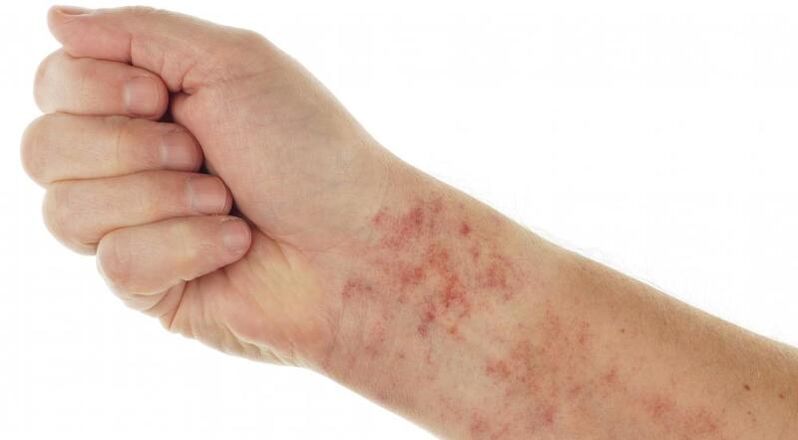
Types of parasites that cause allergies
Not all helminths and protozoa are allergens that can provoke a negative reaction of the human immune system. There are several types of such parasitic pathogens.
- Unicellular organisms or lamblia. They can lead to atopic dermatitis in children, eczema, neurodermatitis. There are disorders of the intestines, sleep deteriorates, irritability is observed against the background of severe itchy skin.
- Helminths - echinococci, roundworms, toxocara. Such parasites cause hives, edema, itching, bad breath, asthma in humans. In addition, roundworm larvae are able to form focal necrosis in the body, leading to severe inflammation of the affected tissues.
- Fungi, bacteria, viruses. Such organisms are called infectious allergens that provoke adverse reactions in the immune system.
The most dangerous parasites that cause allergic reactions are worms and giardia. Their negative impact on the body is realized in two ways. First, helminths poison human organs and systems with the products of their vital activity. And secondly, there is acute intoxication with decaying substances of dead individuals.
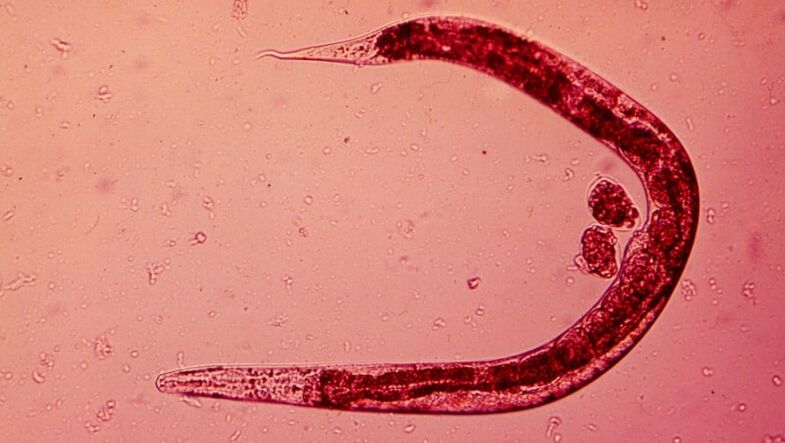
Causes and connection
To understand the relationship between worms and allergies, you need to know the reasons why some worms cause increased sensitivity of the immune system in adults and children.
Roundworms and toxocara disrupt metabolic processes in the human body, thus depriving it of important trace elements, minerals and vitamins. This drains the immune system, it begins to react violently. As a result, skin rashes, shortness of breath, abnormalities in the functioning of the stomach and intestines appear.
Another reason for parasitic allergies is the toxic effect of worm waste products. Harmful substances poison the human lymph and blood.
In addition, parasites have a destructive effect on the intestinal microflora. As a result of this process, pathogenic microorganisms begin to grow rapidly, which leads to a reaction of the body in the form of stool disorders, inflammatory processes, flatulence.
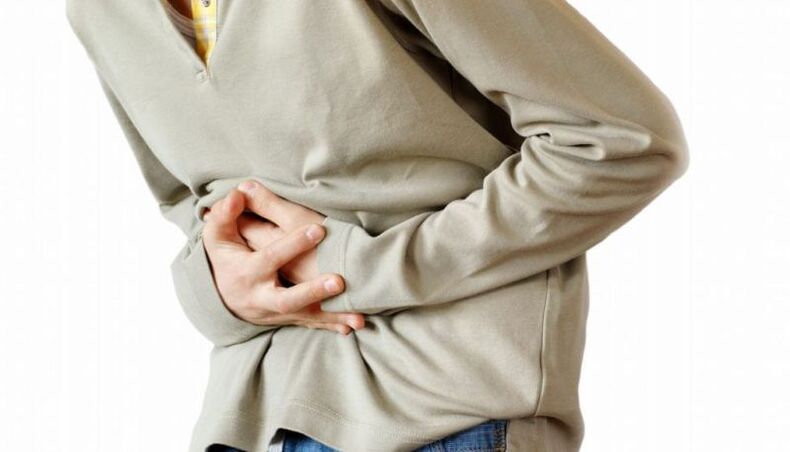
The negative processes associated with the development of helminthic invasions provoke disorders of the defense system, increasing its sensitivity to foreign antigens - a condition close to immunodeficiency. As a result of pathological changes, dangerous diseases develop that a person does not associate with helminthic invasions and for a long time are treated with the wrong drugs, starting the root cause of the disease.
Symptoms and course of the disease
If we start from the connection between worms and allergies, then the symptoms of a negative reaction of the body to parasites are similar to the typical allergic manifestations. Usually the skin and digestive system, and sometimes the respiratory system are most affected.
The main symptoms of a worm allergy:
- skin rashes with different localization in the form of urticaria, eczema, dermatitis;
- reduction of bronchial lumen, bronchospasm, development of asthma;
- severe itching, reddening of the skin, blistering and swelling;
- severe cough, fever, fever;
- runny nose, swelling of the eyelids, lips, yellowing of the skin.
Important!The facet stage of roundworm and echinococcus can provoke anaphylactic shock. It all depends on the number of parasites and their spread in the internal organs.
Severe allergic reactions in children are caused by Giardia. They provoke the development of eczema, atopic dermatitis. The child's skin is covered with purulent acne or rough plaques. Such manifestations are clearly visible in the photo.
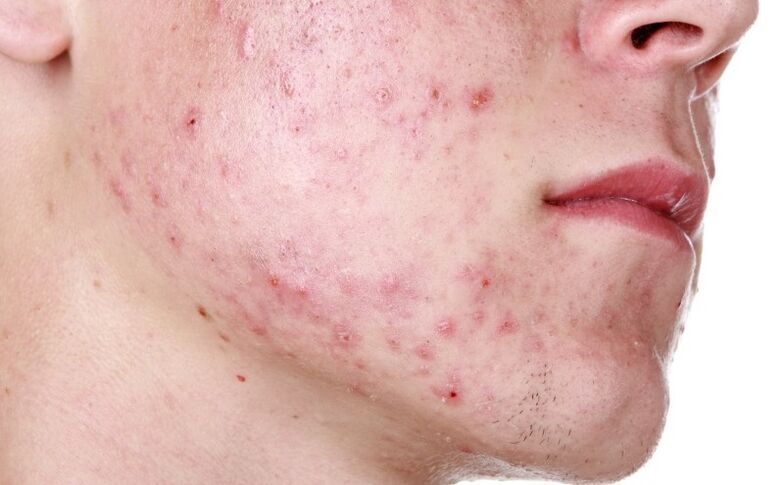
The symptoms in the early stages are almost invisible. They are exacerbated by the intensive development of helminth infestations. Gradually, immunity decreases, infected children and adults are more likely to catch colds, have constant malaise, fatigue, decreased appetite and intestinal disorders.
People rarely associate such manifestations with worms and do not consult a doctor immediately. In this case, the disease worsens and the condition worsens.
Methods of treatment
To get rid of allergic reactions, you need to eliminate the source of their occurrence. Therapy should be aimed primarily at destroying parasites, their eggs and larvae. In addition, the doctor selects drugs so as to remove from the body the toxic decay products of dead helminths.
Pharmacy drug therapy
The drug can be prescribed as a course or as a single dose. The method and dosage are chosen by the doctor.
The treatment should be supplemented with cleansing enemas. This will help to quickly remove dead helminths, their eggs and waste products from the human body, thus reducing intoxication. The procedures are best performed 12-14 hours after taking the drug.
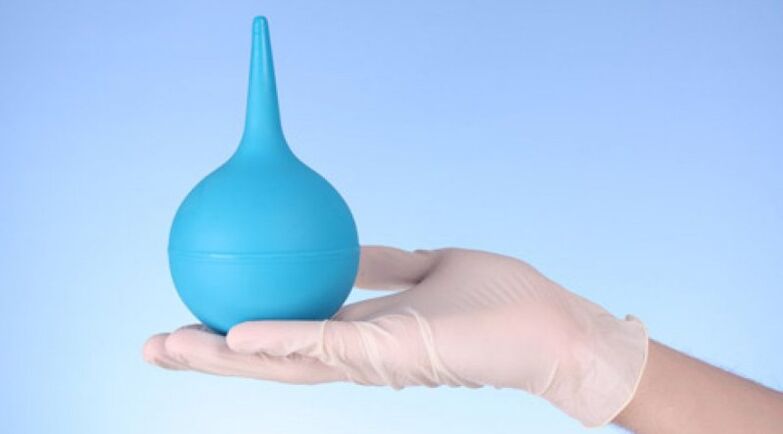
Folk remedies
Treatment is more effective if there is an integrated approach. Traditional therapy is recommended to be supported by folk remedies. The main thing is to consult a specialist before using them.
Decoction of walnut leaves
Fresh raw materials (300 g), pour 1 liter of water and simmer for 25-35 minutes. Strain the liquid and take 0, 5 glasses in the morning and evening for a week.

Infusion of tansy and wormwood
Put equal parts of the plant (50 g) in a liter jar and pour 750 ml of boiling water. Strain the infusion, use 200 ml twice daily before meals.
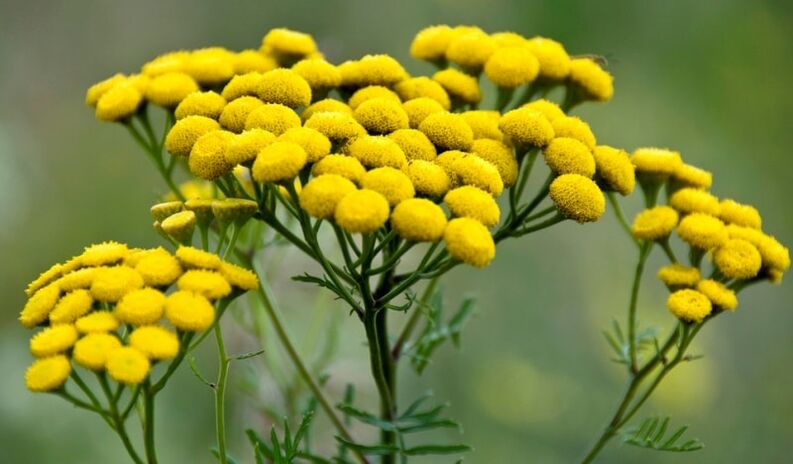
Enemas with garlic milk
Boil a head of garlic in 250 ml of milk until soft. Pass the broth through cheesecloth and begin the procedure. Dosage: 200 ml for adults, from 25 to 50 ml for children (depending on the age of the child). The course of treatment is 5 procedures.
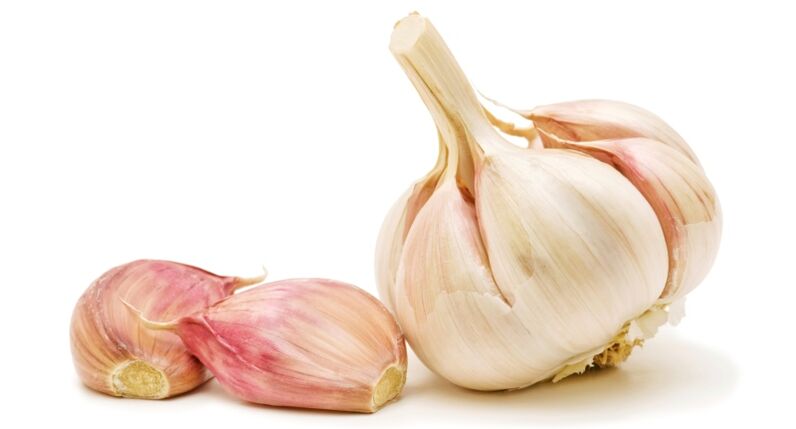
Soda cleansing enemas
Dilute 30 g of soda in 2 liters of water (22-25 degrees). Make an enema 10-12 hours after taking an anthelmintic.
Folk remedies for helminths are effective if used in combination with basic therapy.
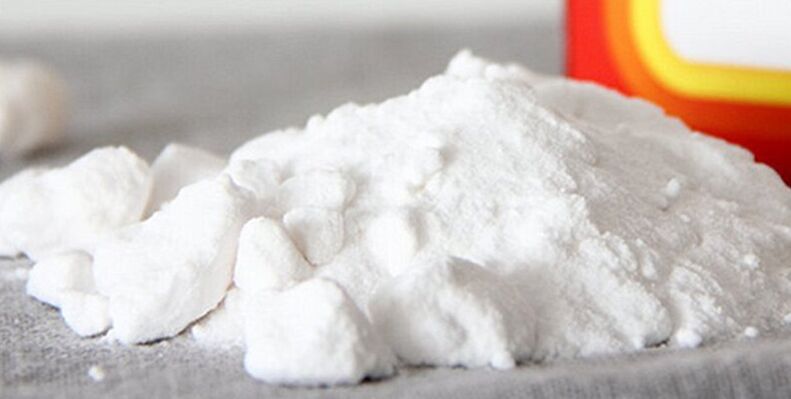
Prevention of parasites
Based on the fact that helminths can be associated with allergic reactions, you should try to prevent them from entering the body.
- Observance of hygiene rules. Most parasite infections occur through dirty hands (especially in children).
- Careful handling of food. Meat and fish should be fried, boiled or well salted. Rinse vegetables and fruits well under plenty of water.
- Pet breeding. If cats or dogs live in the house, you should monitor their condition (timely worms, vaccination), hygiene of the tray and feeding containers.
By following these rules, you can protect yourself and your family members from a dangerous helminth infection.
Some types of worms are really able to cause allergic reactions in the form of urticaria, dermatitis, eczema. In severe cases, asthma, Quincke's edema, anaphylactic shock may develop. Therefore, in case of a noticeable decrease in immunity (frequent colds, fatigue, loss of appetite, apathy and nervousness), immediate consultation with a doctor is recommended. The sooner the source of the allergy is identified, the better the disease will respond to treatment.
























